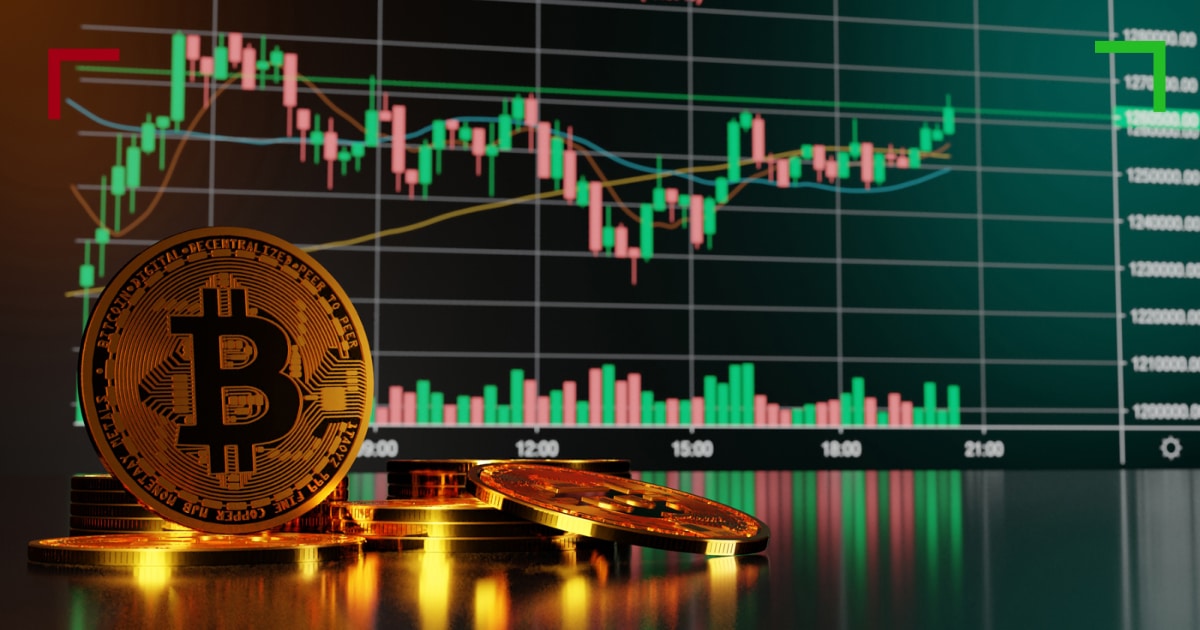
Understanding Crypto Trading Execution Speed
In the fast-paced world of cryptocurrency trading, execution speed is a critical factor that can determine the success of a trade. As the markets evolve, traders must adapt their strategies to leverage the speed of trade execution for maximizing their profits. In this article, we will delve into the importance of execution speed in crypto trading and how it can impact various aspects of trading, including decision-making, market efficiency, and overall profitability. For more insights on crypto, Crypto Trading Execution Speed click here.
What is Execution Speed in Crypto Trading?
Execution speed refers to the time it takes for a trade order to be completed once it has been placed. In the context of cryptocurrency trading, this includes the speed at which an order is sent to the exchange, processed, and confirmed on the blockchain. Fast execution speeds are increasingly critical in the highly volatile environment of cryptocurrency markets, where prices can change dramatically within seconds.
The Impact of Execution Speed on Trading Strategies
Traders often utilize strategies like scalping and day trading that require quick decision-making and immediate execution. In these cases, even a delay of a few milliseconds can lead to missed opportunities or unfavorable prices. Here are some ways execution speed can affect trading strategies:

- Scalping: This strategy involves making numerous trades throughout the day to capitalize on small price movements. As these trades depend on rapid execution, a trader’s ability to react swiftly can make a significant difference in the overall profitability.
- Arbitrage: Traders often engage in arbitrage, which involves taking advantage of price discrepancies across different exchanges. Delays in execution can wipe out the profit margins that make these trades worthwhile.
- Market Making: This strategy involves providing liquidity to exchanges by placing buy and sell orders. Slow execution can lead to missed opportunities in a fast market, affecting the overall effectiveness.
Latency and Its Effect on Execution Speed
Latency is the time delay between the initiation of the trade order and its execution. In crypto trading, latency can be influenced by several factors, including:
- Internet Speed: A slow internet connection can result in delays that impact order execution.
- Exchange Performance: The operational capacity of the exchange can affect order processing times. During high traffic periods, exchanges may experience delays.
- Geographical Location: The distance between the trader and the exchange servers can affect latency. Traders closer to the exchange may have an advantage.
Tools and Technologies for Improving Execution Speed
Many traders are looking for ways to enhance their execution speed to gain an edge over competitors. Here are some tools and technologies that can help:
- Direct Market Access (DMA): This allows traders to connect directly to the exchange’s order book, reducing the time needed for orders to be filled.
- Low Latency Trading Platforms: Specialized trading software is available that minimizes latency and enhances execution speed.
- Advanced Order Types: Utilizing specific order types, such as limit orders, can help manage execution speed by allowing traders more control over their orders.
The Role of Algorithms in Trading Execution

Algorithmic trading has gained popularity among professional traders looking to increase speed and efficiency. Algorithms can automatically generate trading signals and execute orders in fractions of a second, minimizing human latency. Here are some advantages of algorithmic trading concerning execution speed:
- Speed: Algorithms can process vast amounts of data and execute trades in real-time, far exceeding human capabilities.
- Consistency: Algorithmic trading removes emotional decision-making, ensuring consistency and adherence to the predefined strategy.
- Backtesting: Traders can test their algorithms on historical data to optimize them for speed and effectiveness.
Avoiding Slippage
Slippage occurs when a trade is executed at a different price than expected, which can be a significant issue in fast-moving markets. Execution speed plays a crucial role in minimizing slippage. Here are some strategies to avoid slippage:
- Setting Limit Orders: By setting limit orders rather than market orders, traders can control the price at which their trades will be executed, reducing slippage risk.
- Monitoring Volatility: Traders should avoid entering trades during periods of high volatility unless they are employing strategies that can efficiently handle it.
- Choosing the Right Exchange: Selecting a reputable and high-performance exchange can help ensure better execution speeds and lower slippage.
Conclusion: The Essentiality of Execution Speed in Crypto Trading
In conclusion, crypto trading execution speed is a crucial factor that can significantly influence trading strategies and overall profitability. As the market continues to evolve, traders must prioritize speed to stay competitive. By understanding the components that impact execution speed and employing the right technologies and strategies, traders can maximize their chances of success in the dynamic world of cryptocurrency trading. Investments in technologies that enhance execution can yield significant returns, especially for those who engage in fast-paced trading strategies. The race for speed is ongoing, and the results can often dictate who wins or loses in the trading arena.


